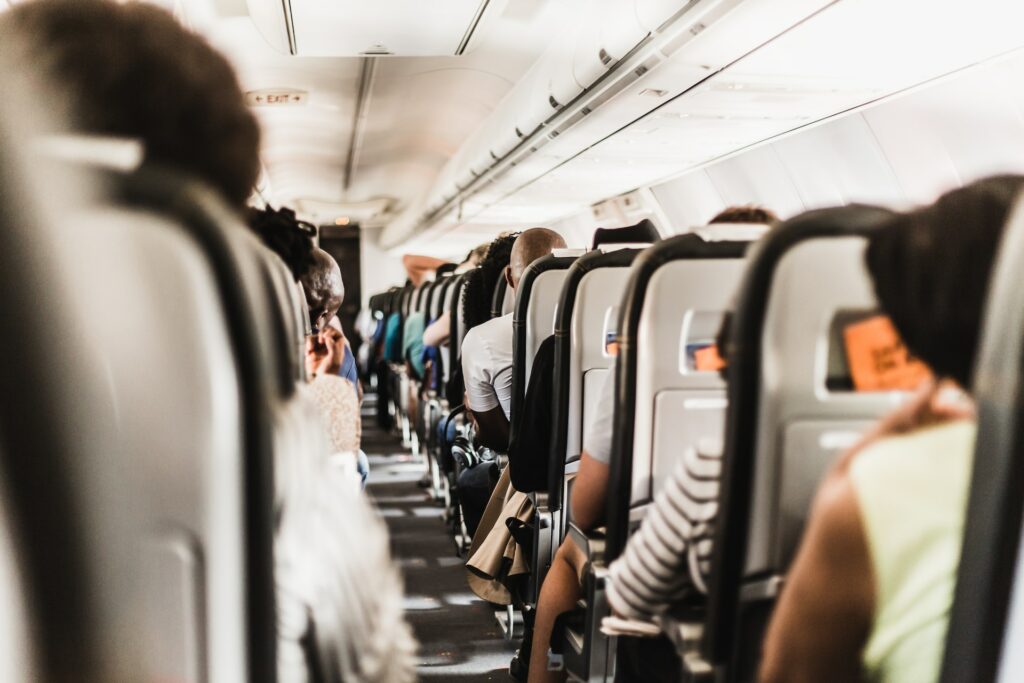
Hey there, world wanderers!
If you’re like me, you’re no stranger to the dreaded jet lag. You know the feeling – disembarking from a long-haul flight only to feel like a sluggish zombie, struggling to sync your body clock to the local time zone. It’s a universal traveler’s dilemma, but don’t lose heart.
Today, we’re tackling this jet lag juggernaut head-on with some science-backed strategies to beat the post-flight slump.
1. Hydrate, Hydrate, Hydrate!

Drink up, globetrotters! Staying well-hydrated before, during, and after your flight can help alleviate jet lag symptoms. The dry cabin air can easily dehydrate you, leading to fatigue and headaches.
So, refill that water bottle and skip the alcohol and caffeine onboard, as they can exacerbate dehydration.
2. Sync Your Schedule

Before you fly, gradually shift your sleeping and eating schedule to match your destination’s time zone. This can help your body’s internal clock, or “circadian rhythm,” adjust to the new time zone.
For example, if you’re traveling east, go to bed earlier for a few days before your flight.
3. Choose Wisely

If possible, choose overnight flights. You’ll have dinner at a normal time and be much more likely to sleep than on an afternoon flight. Depending on the length of the flight and the number of time zones you cross, you’ll arrive in the morning or afternoon.
This is the closest to a normal schedule and will help you adjust to the new time zone faster.
4. Keep Moving

Move around on the flight as much as you can. This can help prevent your body from feeling sluggish and tired. Even if it’s just standing up or stretching in your seat, any movement can help.
5. Embrace the Light

Exposure to natural light helps reset your internal body clock. Spend time outside in the sunlight once you reach your destination. If you’re traveling east, get morning light. If you’re going west, make sure you get evening sunlight.
6. Melatonin Magic

Melatonin, a hormone that signals your body that it’s time to sleep, can be taken in pill form and has been shown to help reset the body clock and reduce jet lag symptoms. It’s most effective for flights that cross five or more time zones.
As with any supplement, consult with your healthcare provider before use.
7. No Heavy Meals

Avoid heavy meals, as they can make you feel lethargic and exacerbate jet lag symptoms. Opt for light, healthy options that can be easily digested.
Remember, everyone’s body is different, and what works for one person may not work for another. But with a little planning, jet lag doesn’t have to put a damper on your travel adventures.
Here’s to smooth flights, soft landings, and stepping off the plane ready to explore!
Bon voyage!









